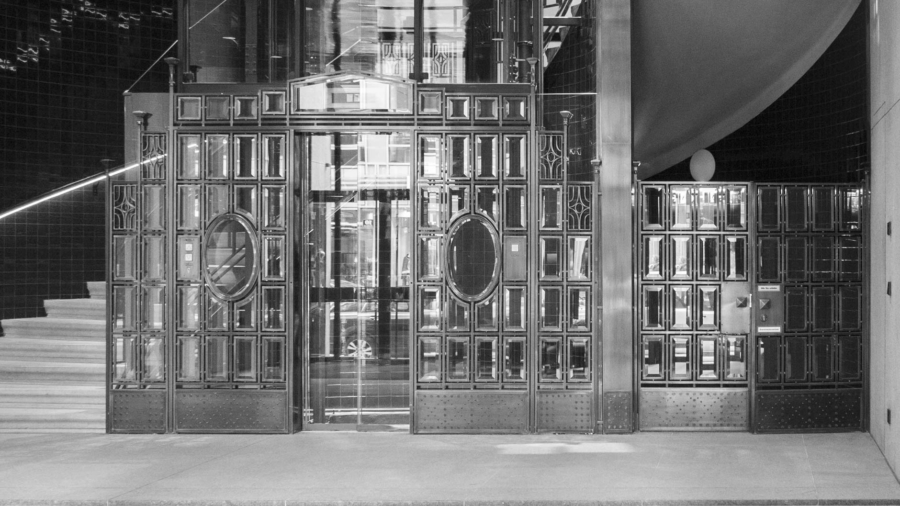There is probably nothing more stressful than the deprivation of personal freedom. This makes it all the more important to react quickly in these situations.
When may an arrest be made?
The prerequisite for arrest is a concrete suspicion and the existence of (at least) one reason for arrest. An additional prerequisite is that the arrest is proportionate as a massive encroachment on fundamental rights. There are four grounds for arrest:
1. entering in the act
This reason for detention exists, for example, if the police observe the crime or if the accused is found near the scene of the crime with the tools of the crime.
2. flight risk
There is a risk of flight if the accused is a fugitive or in hiding or if there is a risk that he will flee due to certain facts (e.g. airline tickets have already been purchased and all cash has been withdrawn from the account). In practice, a risk of flight is regularly (too easily) assumed in the case of foreign citizens without a permanent residence, family or work in Austria.
3. danger of collusion
This reason for detention exists if the accused tries to influence witnesses or coaccused or tries to remove traces of the crime or there is a danger that he will try to do so. Examples are: Files have already been destroyed; telephone calls and meetings with co-defendants or witnesses in order to influence them.
4. danger of repetition or execution of the crime
This reason for detention exists if there is a fear that the alleged perpetrator could commit a new offense with a prison sentence of more than six months, which is directed against the same legal interest (e.g. in the case of bodily injury, a new offense against life and limb).
In the case of particularly serious crimes with sentences exceeding ten years (e.g. murder, aggravated robbery, rape), arrest must usually be ordered unless all of the above grounds for arrest can be ruled out (which hardly ever happens in practice).
What is the procedure for an arrest?
If the conditions for an arrest described above are met, the arrest is ordered by the public prosecutor's office and approved by a judge. The arrest itself is carried out by the police. In case of imminent danger or if the suspect is caught in the act, the police may carry out the arrest even without prior court authorization.
In practice, it can unfortunately happen that the police assume in advance that they will not receive permission for the arrest from the public prosecutor's office and the court. The accused is arrested on the grounds of "imminent danger" and questioned in the hope that the accused will make a confession in this pressure situation, which is supposed to justify the arrest in the first place.
What do I do if I am arrested?
1. contact lawyer
In the event of an arrest, they always have the right to contact a lawyer.
2. keep calm
Even if you are in an exceptional situation, it is important to remain calm. The police are in the driver's seat. Try to treat the police with respect. Insults or physical resistance can have a negative effect on your proceedings.
3. you have a right to silence!
As the accused, they do not have to incriminate themselves. No statement is better than a bad one! A mitigating confession can also be made during the trial.
4. notification of the relatives
Each arrestee has the ability to contact someone by phone about the arrest.
5. read the legal notice
After the arrest, the police must provide them with an information sheet on their rights and obligations. This must be given to them in a language they understand. Read the information sheet carefully.
6. do not sign the protocol just to get away quickly
Read the protocol and sign it only if you really agree with the content. You can also ask for changes or deletions. If you do not agree, write down the reasons for refusal.
Why is it important to contact an attorney immediately if you or a loved one is arrested?
The first police interview is often decisive for the further course of proceedings and the outcome of the trial. Especially in the field of addictive substances, most convictions are based on the first statement to the police. The suspect finds himself in a pressure situation that is often unknown to him, and under these circumstances he is suddenly prepared to confess to actions to which the police had not even had a basis for investigation beforehand, or which the defendant would not have reported in this way.
It is therefore particularly important to be represented by a lawyer during the first police interrogation!

